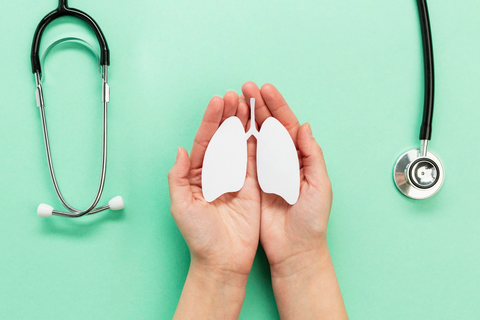One of the best ways to prolong life and slow the ageing process is by taking supplemental antioxidants.
Antioxidants are substances that help reduce damage caused by free radicals. Here is the list of the most effective antioxidants in the form of supplements that are very efficient in neutralizing free radicals and reducing free radical damage in the body: Pine Bark Extracts such as Pycnogenol, Alpha Lipoic Acid, Acetyl L-Carnitine, Coenzyme Q10, L-Cysteine and N-Acetyl Cysteine (NAC), Resveratrol, Astaxanthin, Quercetin, Zeaxanthin, Lycopene, Lutein, Selenium, Zinc, Manganese, Chlorophyll, Vitamin A and Beta-carotene (Provitamin A), Vitamin C, Vitamin E, Flavonoids.
If you want to prolong your life and slow ageing, don’t forget about organic Chlorella as it contains more of the extremely beneficial for our health chlorophyll per gram than any plant – about 10 times more than alfalfa and green leafy vegetables, 5 times more than wheatgrass and two times higher than spirulina. Through chlorophyll, chlorella helps our body to process more oxygen, thus boosting energy, detoxifying blood and supports tissue repair. Chlorella Growth Factor promotes faster than normal growth without adverse side effects, and in humans, it appears to enhance RNA/DNA functions responsible for the production of proteins, enzymes and cellular energy, stimulating tissue repair and protecting cells against toxic substances. Probably, out of all the chlorella facts, the most remarkable component for lifespan development is its high content of DNA and RNA.
Super Foods. Every day, take 1 tablespoon of Super Greens powder (HealthAid) with a smoothie or juice about 15-30 minutes before breakfast and lunch. Super Greens powder contains a carefully formulated mixture of the most potent, nutritionally rich and alkaline-forming super foods including chlorella, spirulina, alfalfa, barley grass, wheatgrass, beetroot, turmeric, broccoli, cabbage, kale, celery, parsley, green tea leaves, and spinach that provide a concentrated balance of nutrients in the form of vitamins, minerals, antioxidants, phytonutrients and chlorophyll to help you maintain strong immune system, combat fatigue, improve energy and endurance, brain function, digestion, detoxification and overall health.
Boost levels of Glutathione (the most powerful of all antioxidants) by providing your body with Alpha Lipoic Acid (most effective), L-cysteine and NAC (N-acetyl cysteine).
According to Linus Pauling (two times Nobel Prize winner), “Nearly all disease can be traced to nutritional deficiency (lack of vitamins, minerals, trace elements, and antioxidants)”. Today, due to severe soil degradation, even the best diet may not satisfy our daily nutritional needs. For this reason, take a good quality Multivitamin after breakfast. In addition to Multivitamin you also need Vitamin B12 (1000-2000mcg daily after breakfast), D3 (2000-5000 IU daily after breakfast), and Magnesium (such as Magnesium citrate or bisglycinate – 200mg twice daily) as their amounts in multivitamins are almost always insignificant.
Take 2-4 tablets of Kelp every day with meals to make sure you have enough iodine.
Take 1 teaspoon of Black Seed oil (Nigella sativa) once or twice daily with meals to help your immune system prevent infections.
Prolong your life with good quality live Probiotics (UltraProbio or DailyProbio). Over 30 different beneficial pharmacological actions of probiotics have been identified, and hundreds of studies have demonstrated that probiotics can be helpful for over 170 ailments! The proper ratio of good to bad bacteria is a critical measure in determining overall health and well-being. It is believed that a healthy human organism should contain more than 85% of beneficial bacteria and less than 15% of pathogenic (“bad”) bacteria. Unfortunately, due to an unhealthy lifestyle, refined (low in fibre) diet, misuse of antibiotics, birth control pills, stimulants, chlorinated water, toxins, and other factors, our gastrointestinal tract is often very low in beneficial probiotic bacteria. As a result, our intestines are overloaded with pathogenic yeasts and bacteria producing toxins and causing intestinal damage, inflammations and contributing to all kinds of problems including constipation, diarrhoea, weak immune system, poor absorption of nutrients, skin conditions such as eczema, bloating, allergies, colic, etc.
Any information or product suggested on this website is not intended to diagnose, treat, cure, or prevent any medical condition. Never disregard medical advice or delay in seeking it because of something you have read on this website. Consult your primary healthcare physician before using any supplements or making any changes to your regime.
Credits: Human growth vector created by macrovector - www.freepik.com Senior couple photo created by wayhomestudio - www.freepik.com




